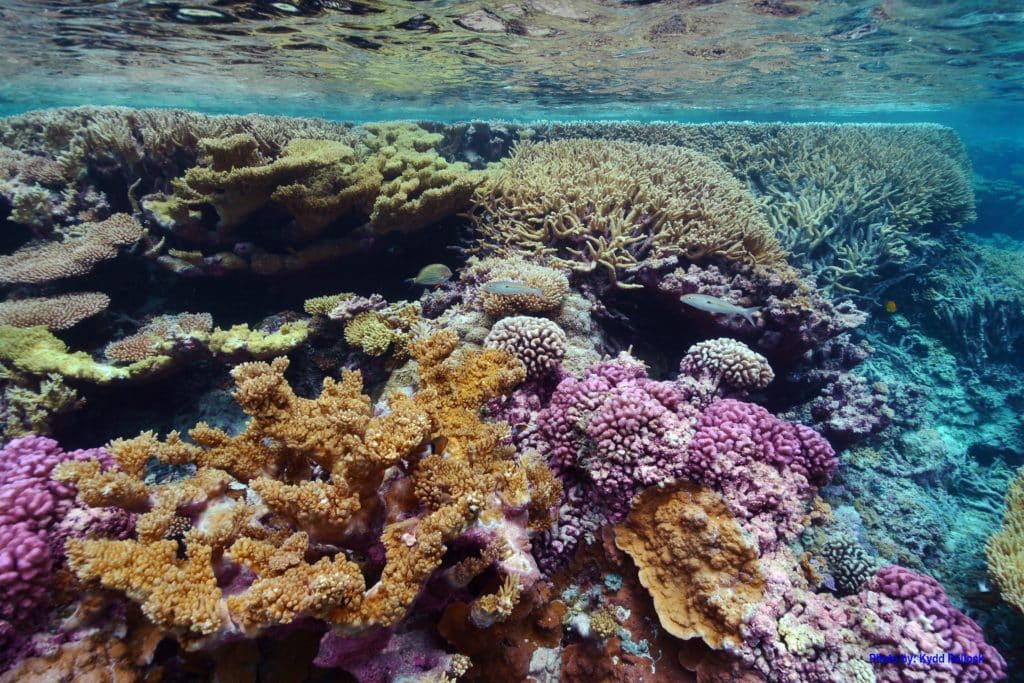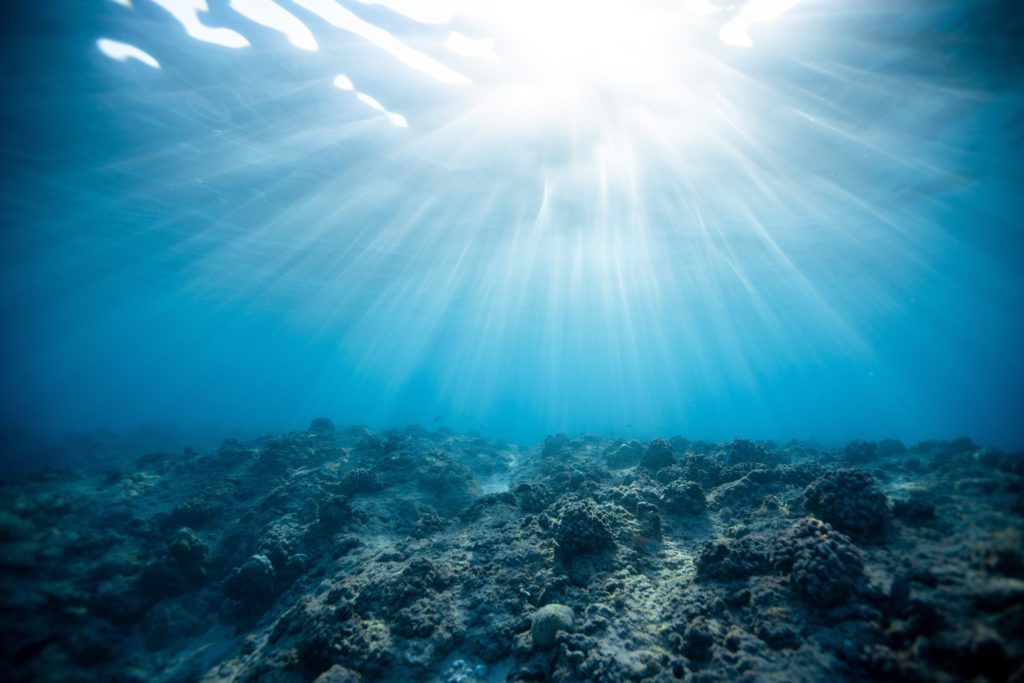Analysis of reef damage in the Indo-Pacific during the 2016 El Nino reveals that several different stressors influence bleaching.

Scientists in the Indian and Pacific Oceans used the El Nino of 2016 – the warmest year on record – to evaluate the role of excess heat as the leading driver of coral bleaching and discovered the picture was more nuanced than existing models showed.
The findings were, in a word, complicated, according to marine researchers led by the US based Wildlife Conservation Society (WCS). The international cohort included scientists from Macquarie University in NSW, the University of Queensland, University of WA and two western Australian state government departments.











